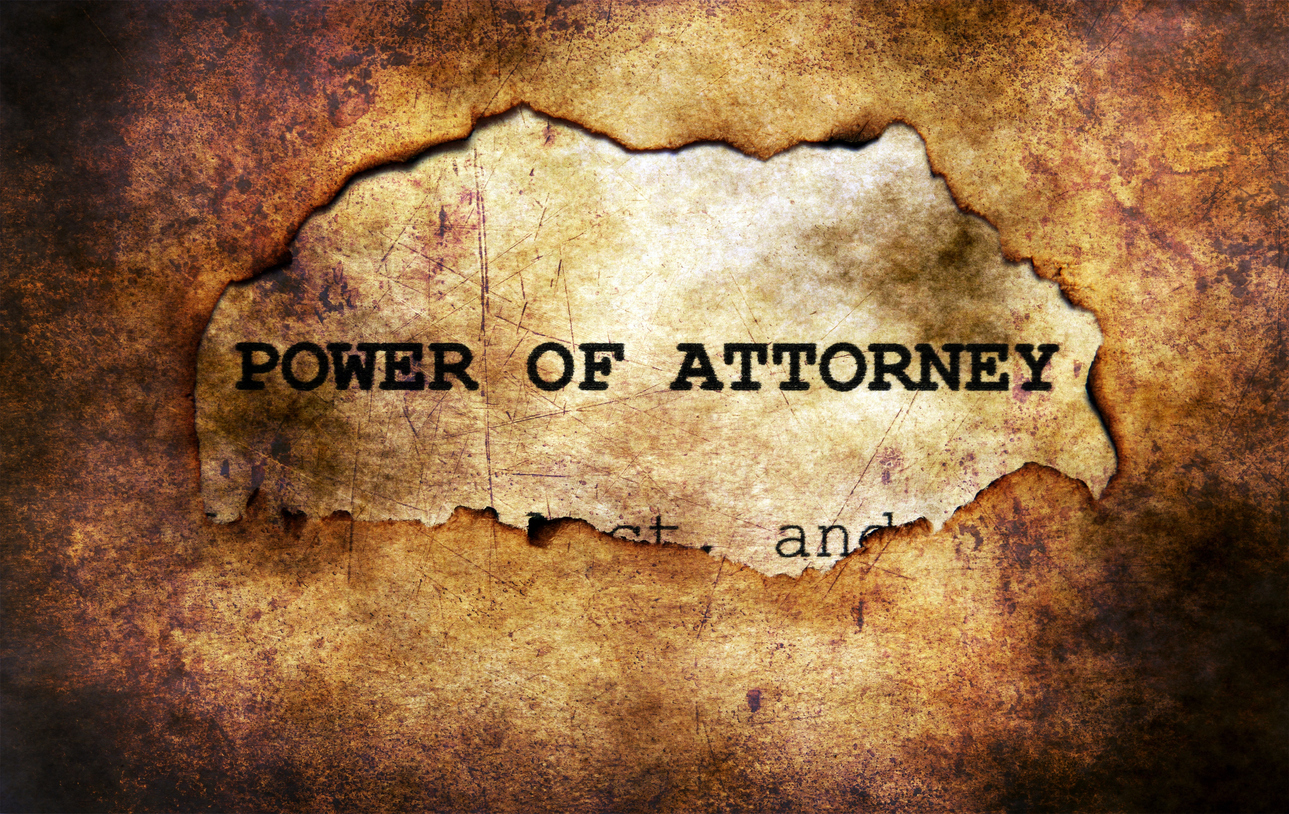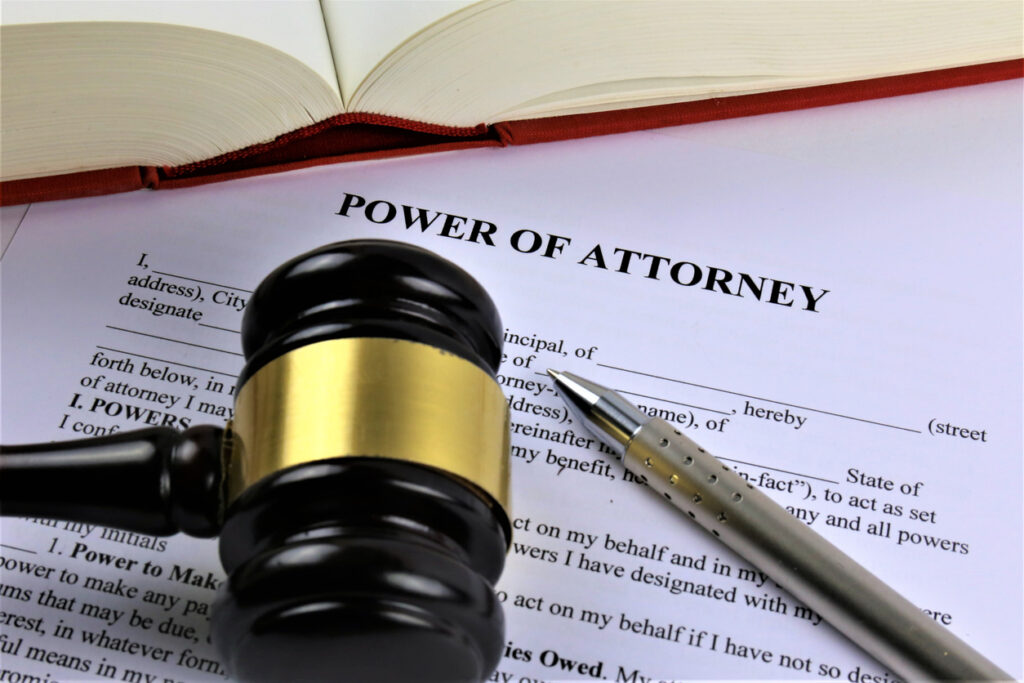- 2 Nov 2025

Granting power of attorney allows another person to act on your behalf in important financial, medical, or personal matters. While this legal tool provides convenience and security in many circumstances, it can also pose risks if circumstances change. Understanding how removing power of attorney works and how it protects your legal rights is essential for anyone who has granted or is considering granting this authority.
The law recognizes that personal relationships evolve, trust can be broken, and legal priorities shift. Because of this, the process of removing power of attorney exists as a safeguard. Without taking proper steps to revoke this authority, individuals may find themselves vulnerable to decisions that no longer align with their best interests. This article explores why removal may be necessary, the legal procedures involved, and the protections it offers to ensure your autonomy and rights remain intact.
The Importance of Removing Power of Attorney When Circumstances Change
Life rarely remains static. A power of attorney established years earlier may no longer reflect current needs, relationships, or goals. In situations where trust diminishes or responsibilities shift, removing power of attorney becomes a critical safeguard. If left unchecked, a former agent may still have legal authority over financial transactions, healthcare directives, or property decisions.
By revoking this authority, you reestablish full control over your legal rights. This action ensures that decisions about your finances, healthcare, and property management cannot be made by someone you no longer trust. Without formal revocation, old documents remain valid, leaving open the possibility of misuse or conflict.
How Removing Power of Attorney Restores Autonomy
At its core, removing power of attorney restores personal autonomy. Revocation ensures that decisions are made exclusively by the person directly affected rather than through an appointed agent. This step is especially important when conflicts of interest arise, or when personal or financial changes render the original appointment outdated.
Autonomy in legal matters means maintaining the right to decide who can act on your behalf and under what circumstances. By taking control of the revocation process, individuals can eliminate the risk of actions being taken that undermine their wishes. This is not only a matter of legal formality but also a reinforcement of personal dignity and independence.
Legal Procedures for Removing Power of Attorney
The legal framework for revocation is designed to protect both the principal and third parties who may interact with the appointed agent. While the process varies by state, general principles remain consistent. The revocation must be made in writing, clearly identifying the document being canceled and the authority being withdrawn.
Notice is critical. Merely deciding to revoke authority is not sufficient. The agent must be informed, and institutions such as banks or healthcare providers should be notified as well. Many jurisdictions also recommend or require that the revocation be notarized or witnessed to strengthen its enforceability. For individuals seeking practical guidance, resources like this detailed overview of removing power of attorney provide clarity on the necessary steps.
Additionally, state-specific requirements can be found through government resources such as the U.S. Government’s legal resources portal, which links to state statutes and official guidance. Accessing these authoritative sources ensures that revocation is completed in compliance with applicable laws.
When Failing to Remove Power of Attorney Creates Risks
Failure to take timely action in removing power of attorney can expose individuals to serious consequences. An agent with continued authority may manage financial accounts, sell property, or make healthcare decisions without the principal’s current consent. In contentious family disputes or deteriorating relationships, this lingering authority can become a powerful tool for conflict.
Courts often rely on the documentation provided to determine who has decision-making authority. Without a proper revocation in place, even a trusted institution may unknowingly honor instructions from an agent whose authority should have ended. These risks highlight why legal revocation is more than a formality; it is a safeguard against potential misuse of power.
How Removing Power of Attorney Protects Financial Security
One of the most common areas impacted by power of attorney arrangements is financial management. Agents may be authorized to access bank accounts, sign checks, sell property, or manage investments. If the relationship between the principal and the agent changes, leaving this authority in place could jeopardize financial stability.
By removing power of attorney, individuals can prevent unauthorized transactions or financial decisions that may not align with their best interests. Revocation also ensures that future financial planning remains consistent with current goals rather than outdated agreements. In this way, revocation acts as a financial shield, preserving wealth and protecting against exploitation.
Removing Power of Attorney in Healthcare Decisions
Healthcare directives often involve granting authority to someone trusted to make medical decisions in the event of incapacity. However, trust in this context is deeply personal. If circumstances evolve, the previously chosen agent may no longer reflect the individual’s wishes or values regarding medical treatment.
Removing power of attorney in healthcare ensures that decisions about life support, medical interventions, or treatment preferences remain aligned with current beliefs and relationships. Revocation allows individuals to reappoint a trusted decision-maker or reserve the right to make decisions independently while capable.
The Role of Legal Documentation in Protecting Rights
The strength of any revocation lies in proper documentation. A verbal statement or informal decision is not enough to safeguard against legal complications. Courts, financial institutions, and medical providers rely on written records to verify authority.
Executing a written revocation of power of attorney ensures clarity and prevents disputes. This documentation provides tangible evidence that the agent’s authority has ended, offering protection in case the revoked agent attempts to act unlawfully. The precision of written revocation underscores how legal processes are designed to protect individual rights and prevent potential abuse.
Common Misconceptions About Removing Power of Attorney
A frequent misconception is that granting power of attorney is irreversible. In reality, removing power of attorney is entirely within the rights of the principal, as long as they are legally competent. Another misunderstanding is assuming that destruction of the document automatically cancels authority. Unless a formal revocation is issued and communicated, institutions may still honor the existing document.
These misconceptions highlight the importance of understanding legal procedures. Revocation is not a casual decision but a formal legal step designed to ensure consistency, clarity, and enforceability.
How Courts View Revocation of Power of Attorney
Courts play a significant role in disputes involving power of attorney. If a conflict arises regarding the validity of revocation, judges rely on the existence of formal documents and whether proper notice was given. Courts generally uphold the right of an individual to revoke authority, but without proper documentation, disputes may arise.
By removing power of attorney through clear, documented action, individuals minimize the likelihood of court involvement. In doing so, they strengthen their position should a legal dispute emerge, demonstrating a commitment to protecting their rights and autonomy under the law.
Final Thoughts: Removing Power of Attorney as a Safeguard of Rights
Legal documents like powers of attorney are created to protect individuals, but they must evolve with changing circumstances. The same law that allows you to appoint an agent also empowers you to revoke that authority. Removing power of attorney is not merely a procedural step; it is a safeguard of financial security, healthcare choices, and personal autonomy.
Through formal revocation, individuals can reassert control over their lives and decisions. Whether driven by changing relationships, shifting priorities, or concerns about misuse, this process reinforces the principle that legal rights belong first and foremost to the individual. Properly executed, revocation offers clarity, security, and renewed confidence that personal choices will be respected.
Recent posts
- 17 Oct 2025
Categories
- Accident & Injury Law (54)
- AI (1)
- Copyright Law (1)
- Criminal & Civil Law (17)
- Disability Law (2)
- Driving Law (2)
- Employment Law (1)
- Estate Planning (2)
- Family & Relationship Law (29)
- Food and Drink (2)
- Gas Exposure (1)
- Health (1)
- Immigration Law (2)
- Injury Claim (1)
- Insurance Law (7)
- Legal (40)
- Lemon Law (4)
- Mediation (3)
- Medical Malpractice (1)
- Property & Business Law (9)
- Severance Agreement (1)
- Travel and Leisure (1)
- Uncategorized (12)
- Worker Compensation (2)




